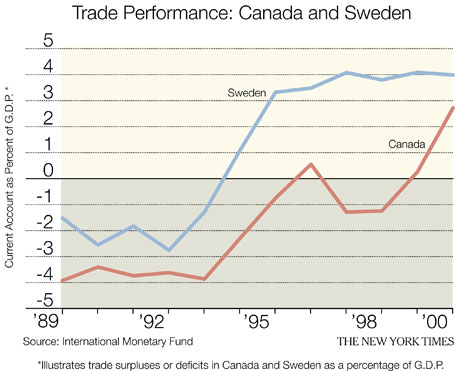Mike Konczal, a fellow at the Roosevelt Institute, has been writing lately in his economics blog, Rortybomb, about American conservatives’ continuing insistence that slashing government spending is actually expansionary, as embodied in a recent report from Republicans on the Joint Economic Committee.
As he says, it’s a remarkable thing: the empirical case for expansionary austerity has collapsed on examination, but the doctrine lives on regardless.
One thing Mike fails to note is that another recent paper on deficit reduction from the American Enterprise Institute, which is cited by that J.E.C. study in a way that might make you think that it supports the case for expansionary austerity, actually never provides any evidence to that effect; it focuses only on deficit reduction as an end in itself. In fact, it comes close to conceding defeat on the issue: “While the tendency for spending cuts to be more effective at driving down debt levels is widely accepted, there is a great deal more controversy concerning the impact of successful consolidation on GDP growth. Although empirical studies have found many consolidations coupled with expansion, the degree to which consolidation drives rather than merely accompanies expansion is disputed.”
Not that this will make any difference to the Republicans’ position, of course.
It’s notable that the J.E.C. report also blithely cites Canada and Sweden in the 1990s as demonstrations of its case, even though both have in fact been extensively debunked.
Two-Faced Sweden
I have, in the past, used Sweden’s experience in the 1990s to illustrate the difficulties we face in recovering from a global financial crisis: Sweden recovered from its crisis, but it did so only by devaluing its currency and moving from trade deficit to trade surplus, a route that’s not available to the world as a whole (unless we can find another planet to trade with). In response, right-wingers often trash Swedish performance — they know that the place is a socialist hell, and assert that it did terribly, not well, after devaluation.
But the new Republican slavery-is-freedom-austerity-is-expansionary J.E.C. report cites Sweden in the mid-1990s as, yes, a role model. Strange to say, there’s no mention of the swing in Sweden’s trade, which was equivalent to a stimulus of 6 percent of gross domestic product, as the graphic shows.

I’ve put Canada in there too, because it’s another alleged example of expansionary austerity.
I have to say, it’s remarkable how quickly expansionary austerity has gone from interesting speculation to zombie idea, repeatedly killed by evidence but still shambling toward us, trying to eat our brains.
We have 10 days to raise $50,000 — we’re counting on your support!
For those who care about justice, liberation and even the very survival of our species, we must remember our power to take action.
We won’t pretend it’s the only thing you can or should do, but one small step is to pitch in to support Truthout — as one of the last remaining truly independent, nonprofit, reader-funded news platforms, your gift will help keep the facts flowing freely.
